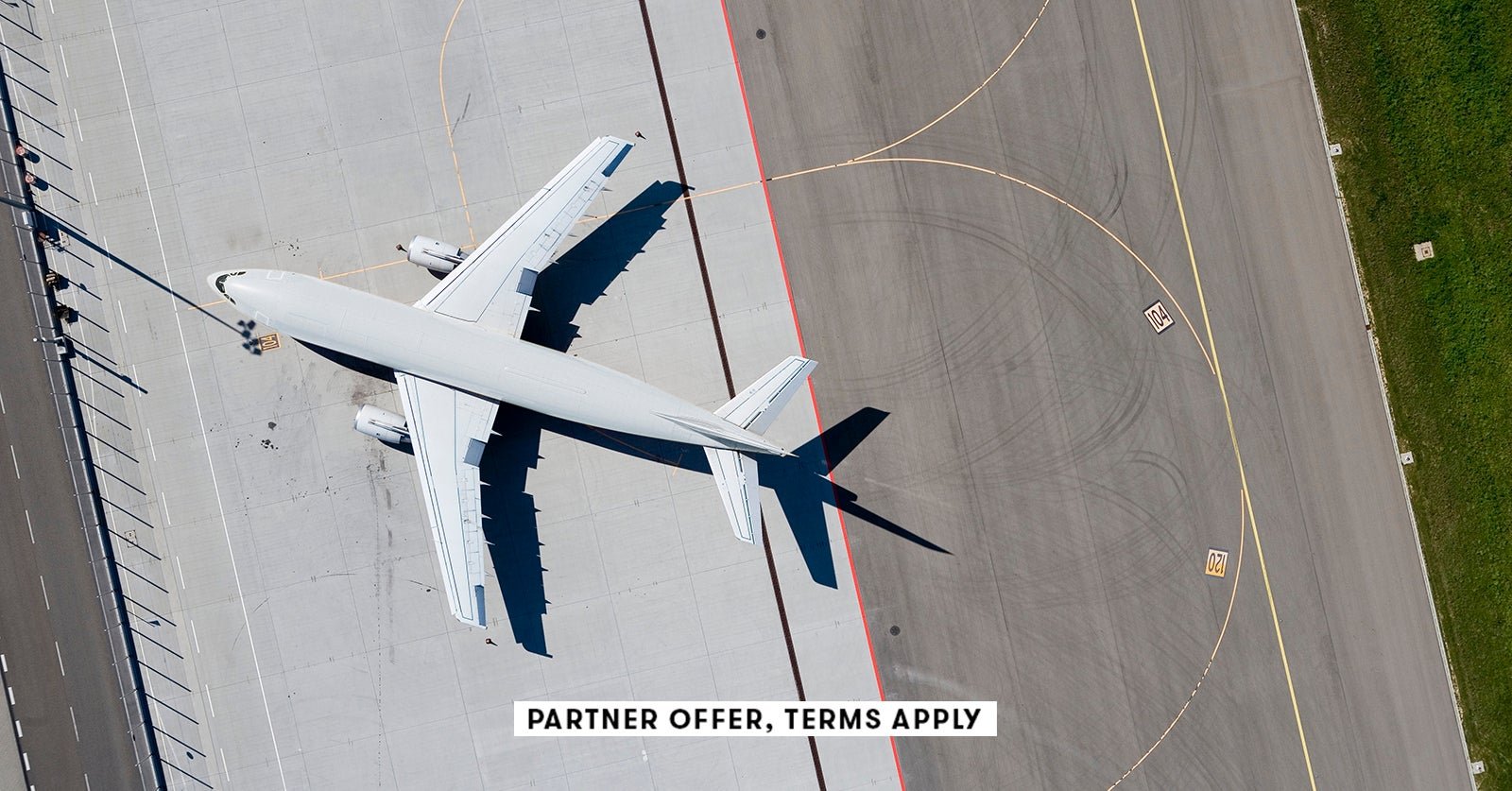credit card like the Delta SkyMiles Reserve American Express Card to a mid-tier card like the Delta SkyMiles Platinum American Express Card, it’s important to consider the benefits and value that each card offers. In early February 2024, American Express made changes to its lineup of Delta cobranded cards, which brought about both positive and negative developments. In this article, we will compare the Delta Platinum and Delta Reserve cards to see which one is better suited for frequent Delta flyers.
Let’s start by looking at the welcome offers for each card. The Delta SkyMiles Platinum card offers 90,000 miles after spending $4,000 in purchases on the new card in the first six months of card membership. On the other hand, the Delta SkyMiles Reserve card offers 100,000 bonus miles after spending $6,000 in purchases on the new card in the first six months of card membership. Both offers are compelling, but the slightly higher welcome offer of the Delta Reserve card gives it an edge.
Moving on to the annual fees, the Delta SkyMiles Platinum card has an annual fee of $350, while the Delta SkyMiles Reserve card has a higher annual fee of $650. It’s important to consider whether the additional benefits and perks of the Delta Reserve card justify the higher annual fee for you.
In terms of earning rates, the Delta Platinum card offers 3 miles per dollar on eligible Delta purchases and purchases made directly with hotels, 2 miles per dollar on dining and at U.S. supermarkets, and 1 mile per dollar on all other purchases. On the other hand, the Delta Reserve card offers 3 miles per dollar on eligible Delta purchases and 1 mile per dollar on all other purchases. The Delta Platinum card offers more bonus categories, making it a better option for those who spend a significant amount on dining and at U.S. supermarkets.
Both cards offer the benefit of a first checked bag free on Delta flights for the cardmember and up to eight companions on the same reservation. They also provide a Global Entry/TSA PreCheck fee credit of up to $100, priority boarding, and discounted Delta award redemptions. However, the Delta Reserve card offers additional perks such as access to Delta Sky Club lounges, four one-time guest passes for the Delta Sky Club, and a complimentary upgrade for cardmembers who are not SkyMiles Medallion Members.
Both cards also come with an annual companion certificate to be used for flights to domestic, Caribbean, or Central American destinations. The Delta Platinum card offers a companion certificate for a Main Cabin flight, while the Delta Reserve card allows for a companion certificate for first class, Premium Select, Delta Comfort+, or Main Cabin.
When it comes to earning Medallion Qualification Dollars (MQDs) and status boost, the Delta Platinum card offers cardmembers 2,500 MQDs each Medallion qualification year and allows them to earn 1 MQD for every $20 spent. On the other hand, the Delta Reserve card offers the same 2,500 MQD headstart but allows cardmembers to earn 1 MQD for every $10 spent on their card.
In terms of statement credits, the Delta Reserve card offers up to $240 annual Resy credit, up to $120 annual ride-hailing credit, and up to $200 Delta Stays credit for hotel bookings. The Delta Platinum card offers slightly lower credits, such as up to $120 Resy credit, up to $120 ride-hailing credit, and up to $150 Delta Stays credit. The Delta Reserve card also includes complimentary Hertz President’s Circle status.
When it comes to earning and redeeming miles, both cards allow you to earn miles that can be used towards travel on Delta flights and partner airlines. The Delta SkyMiles program uses a dynamic award pricing system, so redemption rates can fluctuate greatly. Both cards also offer a 15% discount on award redemptions when you book with your card.
In conclusion, the Delta SkyMiles Reserve American Express Card offers more premium benefits and value compared to the Delta SkyMiles Platinum American Express Card. It has a higher welcome offer, additional perks like Delta Sky Club access, higher statement credits, and a better MQD earning rate. However, it also comes with a higher annual fee. Frequent Delta flyers should carefully consider their travel habits and spending patterns to determine which card offers the most value for their needs.

